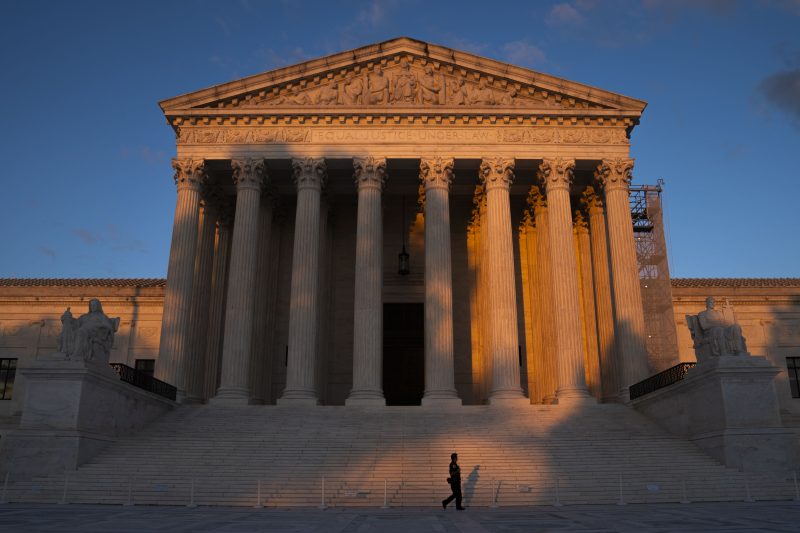The Supreme Court of the United States has recently agreed to take on new cases that are likely to have far-reaching implications. Among the cases scheduled to be heard is a high-profile lawsuit that involves Mexican nationals suing American gun manufacturers for the role their weapons played in fueling violence across the border.
This case presents a significant legal challenge with complex geopolitical ramifications. At its core, the lawsuit seeks to hold gunmakers accountable for the havoc wreaked by firearms trafficked from the United States into Mexico. The plaintiffs argue that lax gun laws and inadequate oversight on the part of manufacturers have enabled the easy flow of weapons into the hands of criminal organizations, contributing to the staggering levels of violence in Mexico.
The Supreme Court’s decision to take up this case signals a potential shift in how the U.S. legal system addresses the cross-border consequences of its domestic policies. While gun rights advocates may argue that manufacturers should not bear responsibility for the misuse of their products, others contend that holding them accountable is necessary to curb the violence and protect the lives of innocent civilians caught in the crossfire.
The outcome of this case will likely have broader implications for the firearms industry and international relations. If the Supreme Court rules in favor of the Mexican plaintiffs, it could set a precedent for similar lawsuits targeting U.S. companies for their role in conflicts abroad. On the other hand, a ruling against the plaintiffs could be seen as a validation of the existing gun laws and regulations in the United States.
Beyond the legal battle, this case also highlights the intricate connections between domestic policies and their impact on neighboring countries. The flow of arms across the U.S.-Mexico border is just one example of how decisions made within one country can have ripple effects that reach far beyond its borders. By addressing the root causes of such transnational issues, the Supreme Court has an opportunity to demonstrate leadership in promoting accountability and upholding justice on a global scale.
In conclusion, the Supreme Court’s decision to take on the Mexican lawsuit against U.S. gunmakers represents a pivotal moment in the ongoing debate over gun control, corporate responsibility, and international relations. As the justices prepare to hear arguments in this case, the eyes of the world will be watching to see how the highest court in the land navigates these complex issues and shapes the future of legal accountability in an increasingly interconnected world.
